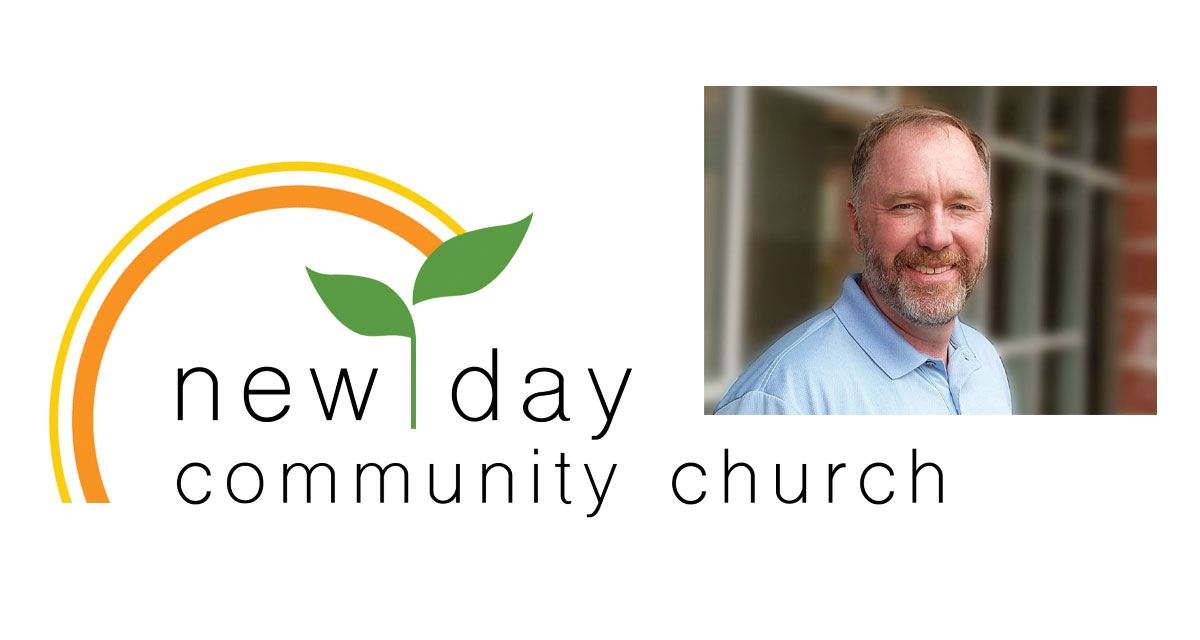A friend at the gym recently told me that I should try “hot yoga.” A vision of a wizened old man wearing a loincloth sitting in a lotus position, dripping sweat, flitted across my mind. “Hmmm, I don’t think that is my kind of thing,” I said. He persisted. “Ron, I am telling you, it is great for the core!!” “Great for my core?” I thought, “Well, maybe I will, then.” At the time, I wasn’t exactly sure what my “core” was, but it sounded important. I discovered, thanks to Google, that “core” in gym-speak refers to those muscles that hold all our vital organs and other muscles in the places they belong. Now that I am in the twilight of middle-age, I feel like keeping my spleen in the right position should get some priority.
I argue that what is even more important than working the core of our physiology, if we are Jesus followers, is holding tight to the core of our theology. In other words, we need to embrace those things that are fundamental in what it means to be a Christian. This is as important today as it has ever been in our history. Why? Because there is a great temptation in the American Church to define our Christian faith in political, rather than theological, terms. For example, it is increasingly popular to believe that to be a Christian means I vote for a certain party, support a particular position on an issue and endorse a specific candidate. But this does not fall into line with historic Christianity. The core of our faith has always been, and always should be, that Jesus died for our sins and was resurrected on the third day. Paul, the Apostle, and writer of much of the New Testament, sternly warned us in the first chapter of Galatians about adding any additional content to this messaging, referred to as the “gospel.” Now, you might be saying, “Wait, I grew up going to Sunday School,” or, depending on your tradition, “confirmation class!” “There are more core things we need to believe than just what we need to be considered Christians, right?”
The Nicene Creed was one of the earliest belief statements of the early church. It was formalized in 325 A.D., but it had been bouncing around Christian communities years before. Google it and you will find that it is very brief. It is much shorter than most present- day Church statements of faith. The Nicene creed takes Paul’s bare-bones understanding of “gospel” and adds a little more meat. The stress is still on Jesus’ death and resurrection being the remedy of our universal sin problem and path into eternal life. And this creed has been our core, our foundation, the very essence of what it means to be a Christian, for almost two thousand years.
Now, does this mean that all other biblical doctrine is like the pickle on a Chick-Fil-A sandwich? As in, it’s a nice touch, but taking it off or leaving it on doesn’t fundamentally change the taste? No, absolutely, not! Because the rest of the teachings found in the New Testament flow from this message of Jesus as our ultimate authority and rescuer. So, yes, it is all-important, but we can’t forget that what is most vital, most critical, and what our entire faith rests upon, is the gospel as Paul describes above. So, what this means, quoting St. Augustine or John Wesley (depending on which scholar you believe), is that, “in essentials unity, in non-essentials, liberty, in all things charity.”
And this gets us back to where we started. As Christians, we might have very strong feelings about which party to vote for, or a particular stance on an issue, or support for a certain candidate, but none of the things are “core,” as understood by Paul, the theologian of the early church. And if this is the case, we need to show each other some charity when our opinions differ, while simultaneously holding fast to the essentials of our Christian faith. I know this is not easy to do in a polarized world. But it is like hot yoga for a Jesus’ follower’s soul. It is difficult, can be very uncomfortable at times, and yes, in a heated conversation it might make us sweat, but in the end, it’s so rewarding. As the old hymn goes, “they will know we are Christians by our love, by our love.”



















